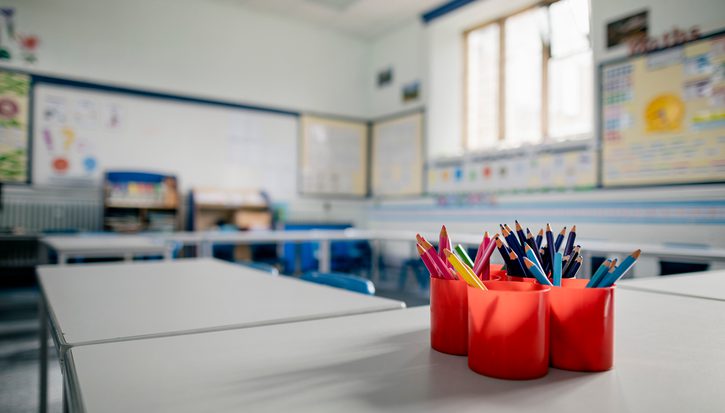
Programme for Government 2025/26: An IPPR Scotland briefing
Article
On 6 March, first minister John Swinney will announce his Programme for Government for 2025/26. He will highlight his four ‘core priorities’ of eradicating child poverty, growing the economy, tackling climate change, and ensuring high quality and sustainable public services.
Since the start of this decade, Programmes for Government (PfGs) have been announced in the context of various challenges (Brexit, the climate emergency, Covid-19, the Ukraine war, high inflation) which have led to accumulating pressures and demands on the Scottish government’s finances. Now the chaotic policy agenda of an increasingly authoritarian US administration is adding substantially to the climate of uncertainty and negativity.
The Scottish government must think very carefully about its response to current challenges. A good place to start would be to avoid the ill-thought through and uncosted initiatives scattered across recent PfGs. Careful thought should also be given to where legislation is required to deliver on priorities and the way any resulting legislation is pursued. Making rapid, significant progress on these priorities implies a policy programme more radical than any introduced to date under devolution and major additional public expenditure.
This briefing paper makes proposals for the PfG that are deliverable over the next year. Cumulatively, these proposals should lead to tangible progress across all four priorities. It also highlights areas on which it will be very difficult to accelerate progress in future years without higher spending.
Related items

More than a safety net: The welfare state as springboard to economic success and a better country
A perceived conflict between social spending and economic dynamism is deeply embedded in both Scottish and UK political discourse.
Rethinking public sector productivity
This is the second in a series of IPPR Scotland blogs as part of our project on Employment, Productivity and Reform in the Scottish Public Sector. This project is funded by the Robertson Trust.
Apples and oranges? Scottish teachers’ pay in international context
This is the first in a series of IPPR Scotland blogs as part of our project on Employment, Productivity and Reform in the Scottish Public Sector. This project is funded by the Robertson Trust.